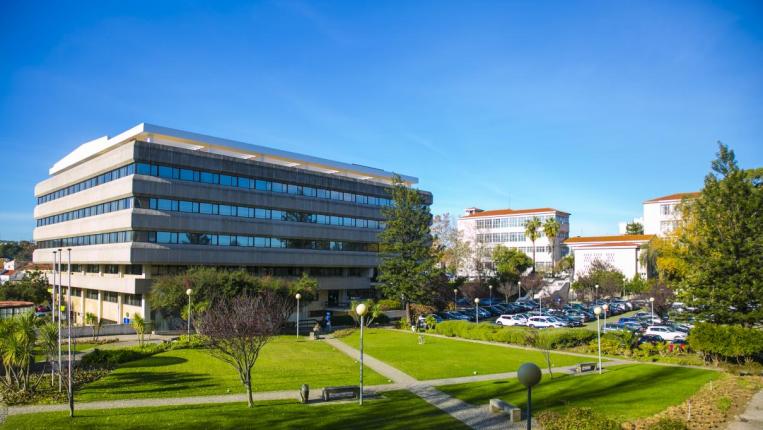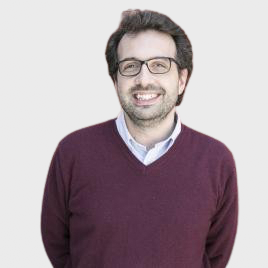The current course will endeavor to render a comprehensive overview of the current digital age global challenges to democratic legal systems as guarantors of basic fundamental civil rights relevant to the affirmation of a free press and to an enlightened citizenry.
Now, the safe proven path is at hand: to set our sights on the current understanding of the general outlines of western constitutional recognition of freedom of expression and of the press to a robust, informed and, yes, enlightened public opinion. And the way forward, the method, is as much upon us: a comparative judicial approach, with particular emphasis to the jurisprudence of the United States Supreme Court and of the European Court of Human Rights.
For this endeavor though we will retain the method, but not the smooth safe surface that our predecessors, pace their efforts, have so kindly paved for us. Why? Since so very recently boulders have been placed in our way. And they are there to be acknowledged. Wikileaks, fake news, alternative facts, election meddling, cancel culture, woke culture, micro-aggressions, trigger warnings, political correctness, social media, rules of conduct, temporary and permanent bans, incitement to hate and to violence, insurrection even and so many more.
In the form of previously unknown names they stand as new terms – some still to be fully understood, some as proviso surrogates for realities just now emerging. They stand as new terms of a struggle. A struggle that today – literally on this and on any given day – goes beyond that for the recognition of individual civil rights and for the attainment of tolerance in liberal societies. Rather it is a struggle that claims, demands even, from each and everyone, the right of each and everyone else to be recognized, but above all, in each spoken word and each written text, to be treated as a person.
A struggle with utterance, discourse and debate, communication, in sum, at its centre, and the right to speak freely as its battlefield. And struggle where the law more often than not is called upon as a weapon, rather than the arbiter. A struggle that signals a crisis. One made of, as a few see it, new unapparelled perils to individual freedoms and to tolerant societies, whether others nothing more than an old struggle made anew. One crisis where nonetheless unhinged public discourse is at stake and quite possibly that of its own survival.
Foreboding as it may be the game is afoot and the challenge is now upon us. Law, mass media, communication stand therefore as mere navigations points on a still to be chartered journey. World encompassing, reeked with the stench of liberal democracy`s Untergang we may be witnessing the last days of public discourse and its inherent freedoms. But are we, really?




